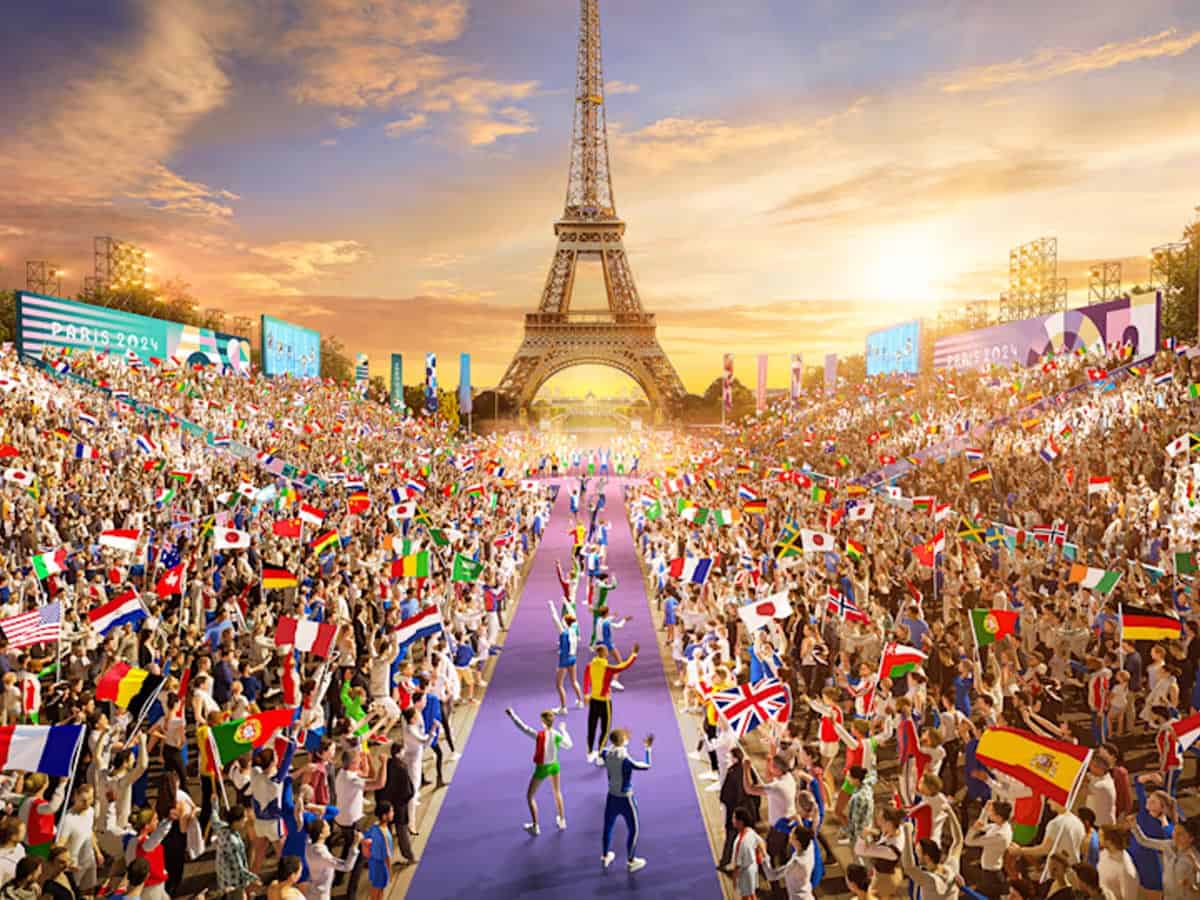
No Olympic Games has ever gone without a fair share of controversies and the Paris edition is no different. Several significant disputes have cropped up and the organising committee is now hard-pressed to solve them amicably. The most important political controversy has risen from the Israel-Palestine conflict.
While Russia and Belarus have been banned from the Olympic Games due to their involvement in the war against Ukraine, the same rules have not been applied to Israel which has been accused of genocide in Gaza by South Africa in the International Court of Justice.
IOC’s double standards questioned

Groups supporting the beleaguered people of Gaza have called out the double standards of the International Olympic Committee in allowing 88 Israeli athletes to take part in different disciplines even as their country has been widely criticised for a brutal war in which about 40,000 people have lost their lives so far. The war continues unabated.
Countries being banned from the Olympics are not unusual. In the history of the Games, 13 countries were banned at different times for different reasons such as war, doping, or violation of the rules of the Olympic charter. For a long time, South Africa was barred from all international sports due to its apartheid policy. This time, along with Russia and Belarus, Israel should have been kept away, say many experts.
Many sports fans, migrants, and students in France have made no secret of their anger against Israel. When Israel played in a football match against Mali, the team had to be brought to the ground under heavy police escort. There was jeering and booing throughout the match. Whenever an Israeli player made contact with the ball he was booed. The game ended in a 1-1 draw.
Conditional participation of individuals
However, under specific guidelines, some athletes from Russia and Belarus have been allowed to participate as individual participants (not representing their countries), provided they fulfill certain conditions. The most significant condition is that they should not be members of the armed forces of their respective countries. If any athlete is a soldier in the army of these nations then he or she has no chance to participate.
Non-political controversies
Other controversies have arisen from organisational problems. Many athletes are dissatisfied with the food that is being provided at the athletes’ village. The participants from the British Isles have been very vocal about their criticism of the food.
They say that it is ironic that the French who lose no opportunity to boast about their cuisine and culture are unable to provide food that is palatable to their European neighbours. Several athletes told the media that not only was the meat raw but also insufficient in quantity. They had to buy food from shops outside the games village to fill their stomachs.
River water polluted
The men’s triathlon schedule was thrown into confusion because of the pollution in the River Seine where the swimming component of the event was to be held. A postponement was made to reclean the water after the opening ceremony had been held on the river.
France’s sports minister Ms. Amelie Oudea-Castella reassured all participants that the water quality will be tested afresh before the swimmers are allowed to enter the river.
Ridiculous blunder
But perhaps the most ridiculous blunder was committed when the Olympic flag was hosted in an upside-down position during the Opening Ceremony that was watched on the spot and television by millions of people from all over the world.
Sports fans in Europe have taken to social media and are asking what if the International Olympic Committee cannot even ensure that its flag is hoisted correctly, what will happen to the events and their results? Will there be major goof-ups in the conduct of matches and races? For the sake of the athletes, one hopes that the organisers will sort out these embarrassing slip-ups and make the Paris Olympics go smoothly in the next few days.



